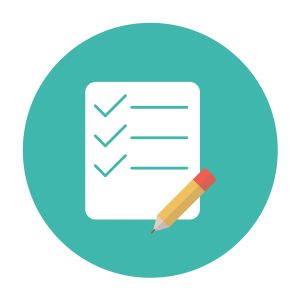In the first part of this post we discussed the importance of determining whether you will be able to afford to go flatting and still have enough money to have a good social life. ĠEMMA also discussed the matter of rent and the rental contract to be entered into with a landlord.



As well as rent you will need to pay electricity, internet, water, etc. There may be lots of things you suddenly need when flatting, like a couch, washing machine or TV. If it’s a new flat, everyone needs to agree how to split the set-up and ongoing costs of flatting. Will you share food? Who will do the weekly shop? Who will be responsible for paying the monthly bills?
One way to manage expenses while flatting is to share payments as bills come in or pay a regular amount into a ‘kitty’ – a specific fund to cover bills and groceries. Typically one person is in charge of the kitty. Also invest in energy saving.
Sometimes it’s easier for the whole flat to do the weekly shop together. That way everyone pays upfront and there’s no chance of anyone dipping into the kitty. One thing to determine is whose name will go on the bills for rental, internet, etc? If it’s yours, you’re responsible for payment even if the flatmates leave without paying. It’s a good idea to have everyone’s names on bills or share them around to reduce the risk. It’s worth reading the meters regularly or if the flat does not have a separate meter that you ask the landlord with a weekly reading so you’re not hit with a big bill.
If you are flatting it with other people it is important that the ground rules are set a priori. When you’re living with others, you can end up paying more for luxuries you are not really using. It is essential to check if you are going to move into a flat with established flat mates. For example, if they have Premium Cable TV and you don’t watch, should you still have to pay for it?
This is a waste of your money. Likewise, a flatmate may have the heater running all through winter, while you’re cost-cutting and cold in your room? Work out who’s paying for what and make sure you’re getting a fair deal.
If as flat mates the group is reasonably stable, you might want to set up a joint account for the rent and / or kitty. Each person makes automatic payments into this account, from which rent and bills are paid.
Setting up direct debits from the joint account will make sure bills are paid on time and lets you take advantage of any prompt payment discounts. It’s a good idea for one or two flatmates to keep an eye on the flatting account, just to make sure it’s all working as it should be. Whichever way you choose to divide costs and pay for things when sharing a flat, it’s a good idea to keep written records of kitty payments and bills.
When starting out you may not have much stuff to your name! And if you don’t own a lot it may be tempting not to pay for house contents insurance. What many flatters don’t think about is what happens if the landlord’s property is accidentally damaged by any of the flatmates. If you cause a fire you could be charged tens or hundreds of thousands of Euros for the repair. A home insurance policy can cover you for personal liability in a situation like that.
If you’ve paid a deposit on the flat you’ll need to sort this out with your former flatmates. In particular, you’ll want your share of the deposit back to pay for your next flat. Do keep in mind that if there is damage to the property or unpaid rent owing, this will be deducted from the deposit. If you are leaving a flat but the others are staying on, you need to make sure your name is taken off the rental agreement. Otherwise you could end up with expensive debts if the flatmates you leave behind do not pay their rent, or damage the property.



